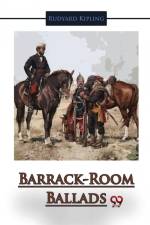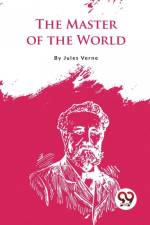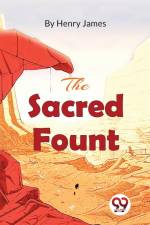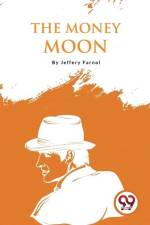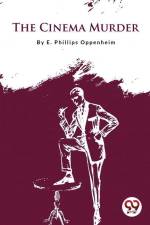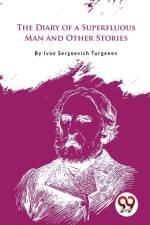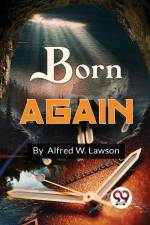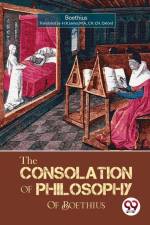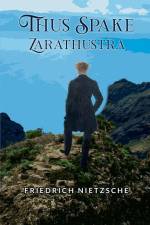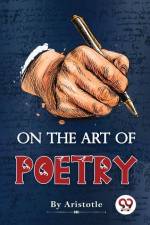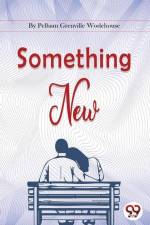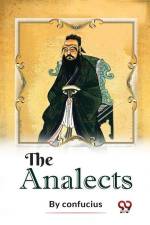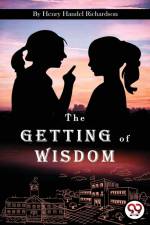av Rudyard Kipling
301
Rudyard Kipling's collection of short stories is titled The Day's Work. The Day's Work does not contain any poetry in between the several stories, unlike many of Kipling's previous collections. The general subject is one of labour and struggle, whether it is constructing a bridge, combating a famine, or watching horses give it their all to win a polo match. However, the literary style is frequently lighthearted, if not outright impish. He enjoys mimicking accents or making up conversations between horses, ponies, and even trains.On the farm, salting time is on a Sunday afternoon, and we take care of the animals as usual. The red oxen, Dave and Pete, are attended to first; they remain in the home meadow in preparation for labour on Monday. The cows follow, followed by Pan the calf, who survived due to his demeanour. The horses, which are dispersed throughout the Back Pasture's 70 acres, come last. Last month, the Dimbula, a brand-new steamer, docked in the High and Narrow Seas with cargo intended for New York. Since the days of Lieutenant-Fireworker Humphrey Chinn of the Bombay European Regiment, who aided with the conquest of Seringapatam in 1799, there has always been at least one representative of the Devonshire Chinns in or close to India.

